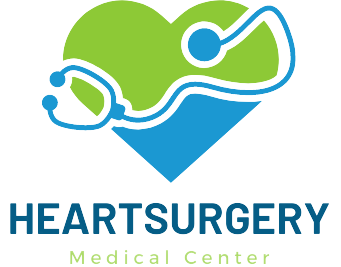Traumatic brain injury (TBI) is a significant public health concern affecting millions of individuals worldwide. It occurs when an external force causes damage to the brain, leading to various physical, cognitive, and emotional consequences. Understanding the implications of TBI and the recovery process is crucial for effective treatment and support.
Consequences of TBI: TBI can result in a range of short-term and long-term consequences. Immediately following the injury, individuals may experience headaches, dizziness, confusion, and loss of consciousness. Cognitive impairments, including memory loss, difficulty concentrating, and reduced processing speed, can persist. Emotional disturbances such as depression, anxiety, and irritability are also common. Additionally, TBI can lead to physical impairments, including motor difficulties and sensory disturbances.
Recovery Process: The recovery process for TBI varies depending on the severity of the injury and individual factors. Initially, rest and medical interventions aim to stabilize the individual and prevent further damage. As the acute phase subsides, rehabilitation plays a vital role in maximizing recovery. This multidisciplinary approach often includes physical therapy, occupational therapy, speech therapy, and neuropsychological support.
Physical therapy helps individuals regain strength, coordination, and balance. It focuses on restoring mobility and addressing physical impairments. Occupational therapy aids in relearning daily living skills and promotes independence. Speech therapy targets language, communication, and swallowing difficulties that may arise from TBI. Neuropsychological support assists individuals in coping with cognitive and emotional changes while developing strategies to improve functioning.
Support and Rehabilitation: Support from family, friends, and healthcare professionals is essential throughout the recovery journey. Rehabilitation programs provide a structured environment where individuals can learn compensatory strategies, adaptive techniques, and coping mechanisms. Peer support groups and counseling services can also help individuals and their families navigate the emotional challenges associated with TBI.
Future Directions: Research and technological advancements continue to enhance our understanding and treatment of TBI. Promising developments, such as neuroimaging techniques, pharmacological interventions, and virtual reality-based therapies, offer potential avenues for improved recovery outcomes. Early intervention and personalized treatment plans tailored to an individual’s specific needs can further optimize the recovery process.
Traumatic brain injury has significant consequences that extend beyond the initial injury. Understanding the physical, cognitive, and emotional challenges individuals face is crucial for providing appropriate support and effective rehabilitation. Through comprehensive care, ongoing research, and advancements in treatment approaches, we can strive to enhance the recovery and quality of life for individuals impacted by TBI.
